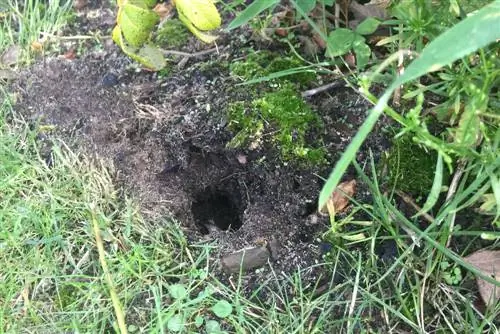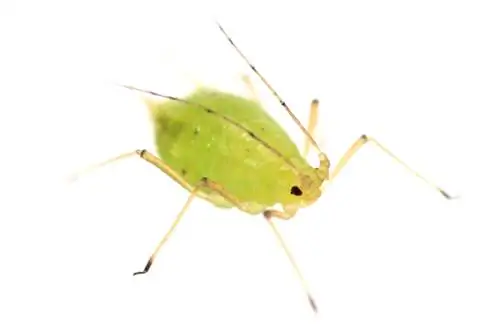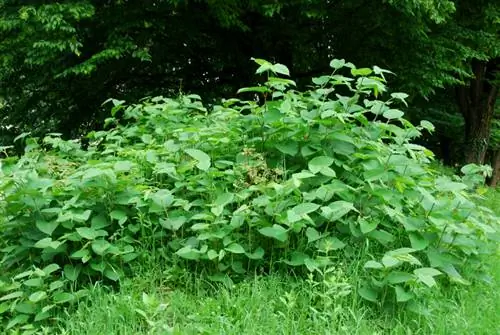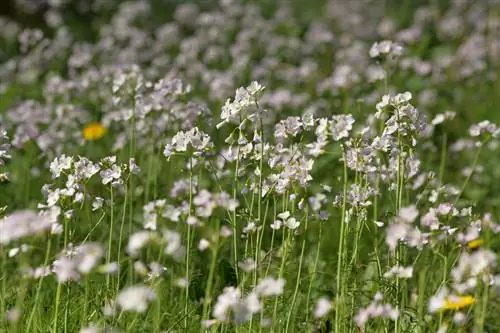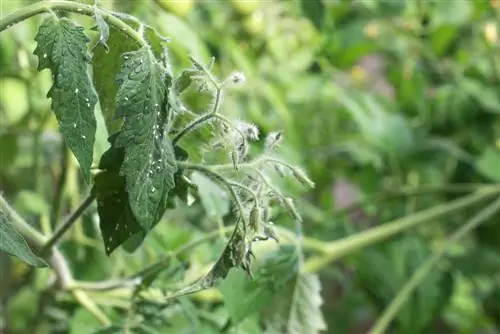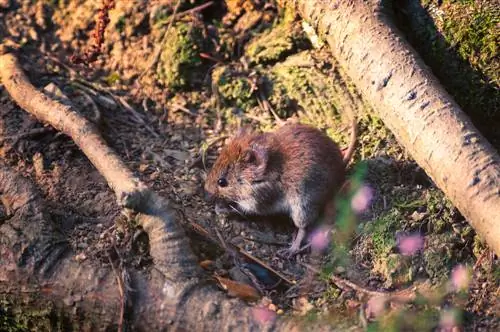- Author admin leonars@hobbygardeners.com.
- Public 2023-12-16 16:46.
- Last modified 2025-01-23 11:22.
Voles in the garden are no joy: They nibble on vegetables and roots and ensure that plants simply die quietly. However, there is good news: voles usually travel alone and they can be driven away quite easily. Find out here how you can fight voles with water and which additives make the fight even more efficient.
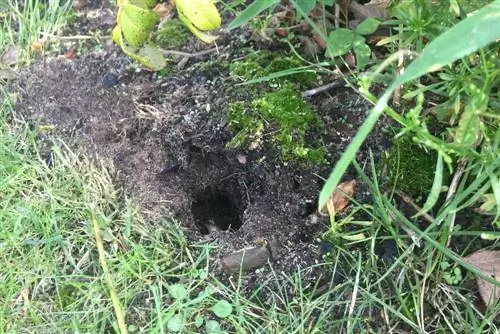
How can you successfully fight voles with water?
Voles can be effectively driven out of their burrows with water by flooding several tunnels throughout the day. Alternatively, manure or buttermilk can be used to keep them away from the building permanently and to avoid further damage to the garden.
Voles and water
Voles often live in shore areas and are very good swimmers. Some species of vole, such as the large vole, which even lives on floating islands in the water, can even dive for several minutes. It is therefore very unlikely that your vole will drown. But voles don't like water in the bedroom any more than people do, which is why you can't kill voles with water, but you can drive them away.
Putting the vole building under water
Vole exits are branched, often very long and all connected to each other. Therefore, they can be easily submerged in water. The procedure is very simple:
- Open the entrance to a hallway so that your garden hose (€16.00 on Amazon) fits well into the opening.
- Turn on the water and wait.
- Choose another entrance hole and flood that one too.
- Repeat the process several times throughout the day.
Manure instead of water
Wet passages dry out and the vole may come back. To keep them away from their burrows forever, we advise you to use manure or buttermilk instead of water. Even after drying, these strong-smelling substances leave behind a stench that the vole cannot tolerate for long. You can make manure from various garden plants; nettles are often used.
- Locate several entrances and choose a hole as an “escape hole” into which you do not pour manure.
- Pour at least half a liter of manure into all other holes.
- Repeat after a week if necessary.
Tip
Stinging nettle manure is also a great fertilizer and provides your lawn with many valuable nutrients.

